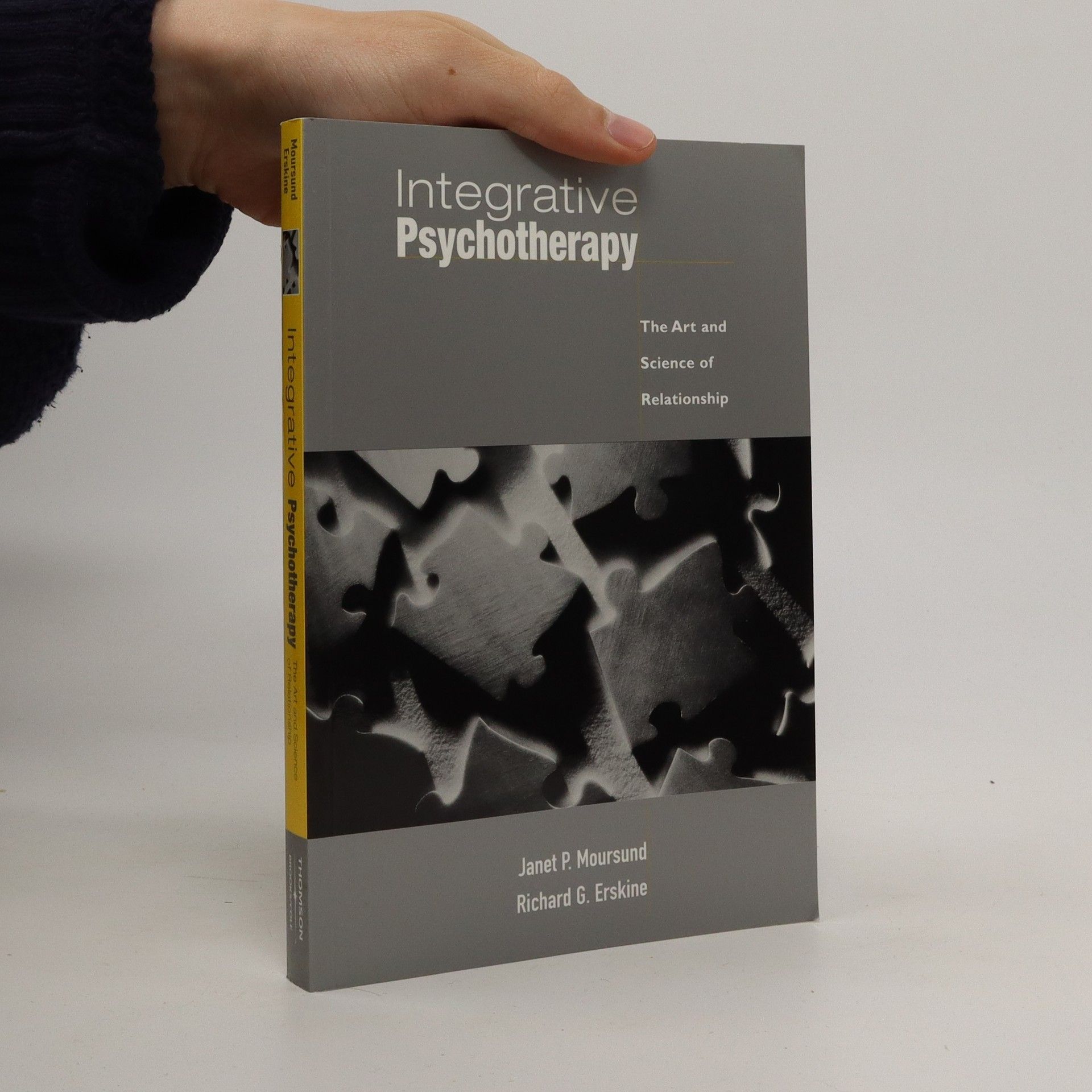Integrative Psychotherapy
- 276pages
- 10 heures de lecture
Suitable for students of both counseling and clinical psychology, this clearly written and readable description of integrative psychotherapy/counseling focuses on the central role of the therapeutic relationship, and of relationships in general, both in the healing process and in maintaining a psychologically healthy life. It posits that the therapeutic relationship is key to helping clients become integrated or whole. The work can be divided into three parts: Theoretical Foundations, Therapeutic Practice, and Transcript (a full, verbatim transcript of a therapy session). A linkage index provides links between concepts covered in the text and applications as demonstrated in the transcript.

